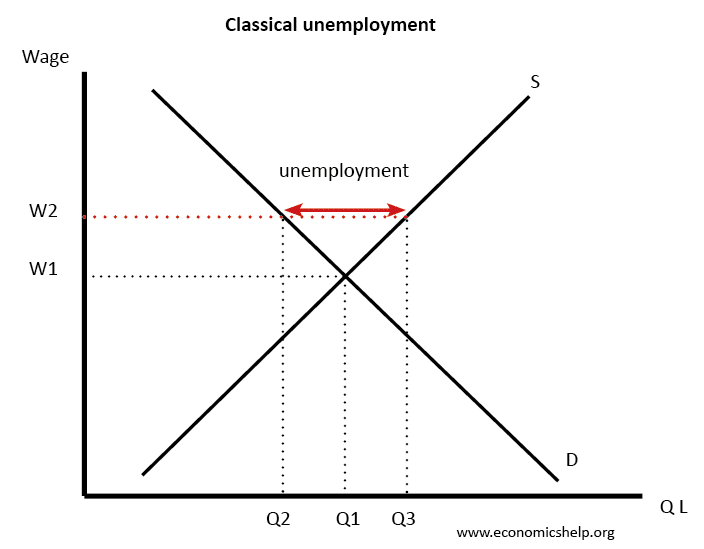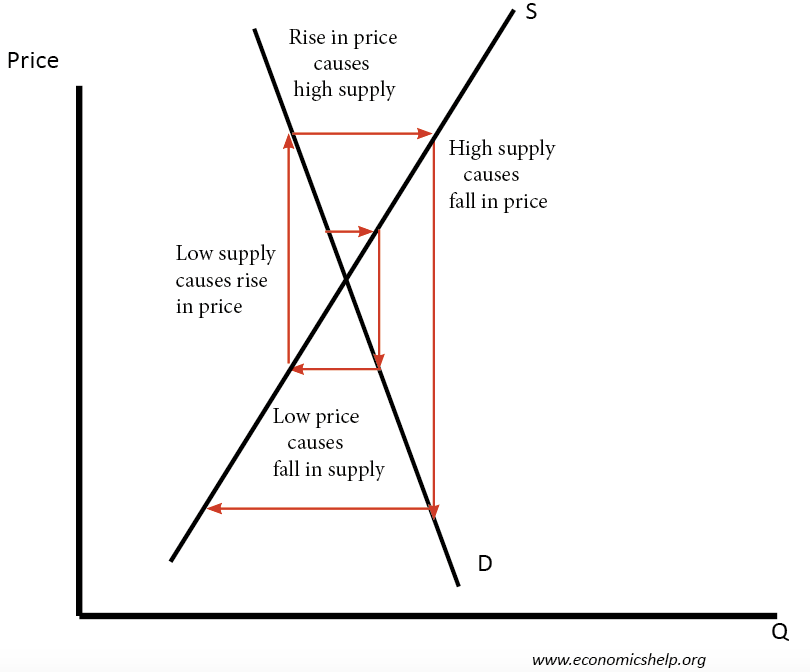Ceteris Paribus in economics
Definition of ceteris paribus Ceteris paribus is a Latin phrase meaning ‘all other things remaining equal’ The concept of ceteris paribus is important in economics because in the real world it is usually hard to isolate all the different variables. Assuming ceteris paribus allows us to simplify economics – we can understand how something like …


